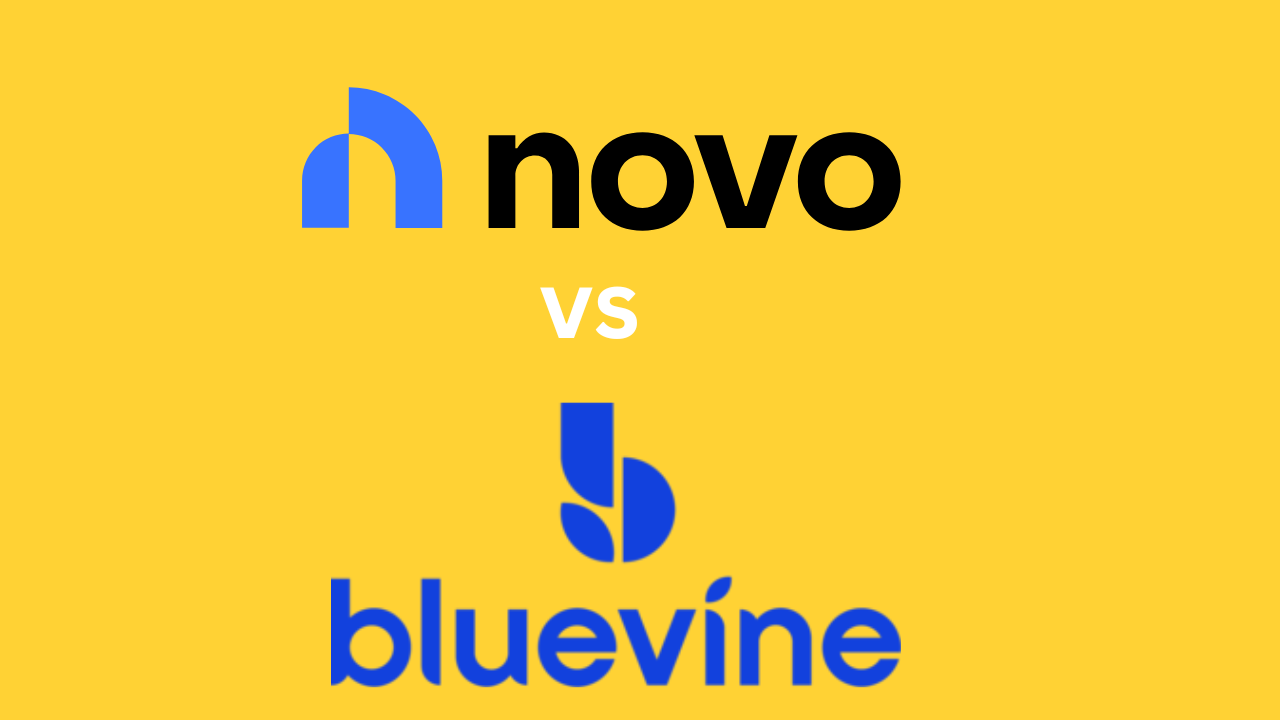Language:
How to Start a Nonprofit Organization

It was 1980, and Nancy Brinker made a promise to her sister, Susan, as she was dying of breast cancer.
Today, that promise has been upheld through the Susan G. Komen® Organization, which started at $200 with a list of donor names and has since invested over $3.3 billion in breast cancer research to end breast cancer once and for all.
Nancy promised to end breast cancer forever, and from that small few hundred dollars, her organization has helped reduce deaths from breast cancer by 40% between 1989 and 2016.
The power of kindness and a driven force has the power to span far across communities, cities, and even countries with the compassionate, pioneering, and driven approach of a nonprofit founder and their heart-centered team members.
Let’s learn how to start a nonprofit organization so you can make the change you dream of just like Nancy did.
Why You Should Start a Nonprofit Organization
As a compassionate, driven dreamer, your aspirations for the world, whether that’s eliminating animal cruelty or creating programs to support foster children, can be brought to life through the power of a Nonprofit Organization (NPO). Starting a nonprofit is a wonderful way to:
- Make a Difference to a Larger Population: While volunteering and working to help or support individual beings support a cause, building a nonprofit organization can help scale your efforts to reach more and more beings in need, whether that means expanding your location offerings or providing more funds and manpower into your operation.
- Leave Your Mark and Pursue Your Passion: You may have considered going into business before, but have found that your passion lies more altruistically than financially-centric. Not all causes work under a for-profit financial model, but that doesn’t mean you aren’t able to dedicate your energy to your life’s calling.
- To Share Your Mission: As your efforts scale and your population and team widen your dream and aspirations can also be distributed amongst a wider pool of people, building a tight-knit and passionate community around the mission you dreamt up from the start.
3 Common Types of Nonprofits
Let’s review the 3 most common types of nonprofits so you can see which one you might be interested in starting.
501(c)(3): Best for Charitable Nonprofits
A 501(c)(3) is for religious, charitable, scientific, literary, or educational pursuits. This is the same organizational type as Susan G. Komen and United Way, an organization to drive social and systemic change in America through educational programs and emergency services for families in crisis.
501(c)(7): Best for Social or Recreational Clubs
Fraternities and sororities might be one of the more common nonprofits for young people, being an organization of service through volunteering and fundraising. Other 501(c)(7) nonprofits can include Rotary Clubs and country clubs that also have limited membership, are meant for pleasure, and are created from member dues.
501(c)(4): Best for Political or Lobbying Nonprofits
Social welfare organizations, homeowners associations, and volunteer fire companies all fall under 501(c)(4), with political and lobbying nonprofits sometimes being considered social welfare organizations.
Other Nonprofit Designations
There are various nonprofit designation types, like 501(c)(1) which acts under Congress like federal credit unions, 501(c)(5) which encapsulates horticultural organizations, or 501(c)(11) for teacher retirement funds.
6 Steps to Start a Nonprofit Organization
You might be getting an inkling of what type your nonprofit idea might fall under. Now what?
1. Do In-Depth Research
Before any big venture, business, or nonprofit, it’s important to get familiar with the landscape of nonprofits and the nonprofit niche you’ll be diving into.
Is Nonprofit Right for You?
One big question is asking if a nonprofit organization is the right fit for your intentions. With all the benefits of starting a nonprofit organization, there are also a lot of legalities, like finding and submitting for grants on an ongoing basis. As an organization not gaining direct profits from the services you’re providing writing grants, finding a board of director, and ensuring you’re following all the nonprofit guidelines will all be a balancing act to keep you afloat.
What Are the Other Alternatives?
If, after your research, you’ve found that a for-profit business might work as a better model, you can always start a sole proprietorship, which doesn’t require filing as a business entity, a Limited Liability Company (LLC), which is a simple and flexible business formation type, or as an S Corporation or C Corporation if it better fits your model.
2. Build a Solid Foundation
Just like the strong, sturdy homes built through Habitat for Humanity that help hundreds of families live and thrive safely, your nonprofit has to have a solid foundation to help it grow safely and consistently.
Write a Business Plan
The start of everything begins with a good plan. Write out a business plan to help you and your future team track goals.
Draft Your Vision and Mission Statement
Find the heart of what’s driving you to start your nonprofit through your vision and mission statement to live inside your business plan and act as a gut check whenever you’re making big decisions.
Select Your Board of Directors
Start connecting with friends, family members, past coworkers, or anyone else you feel would be interested in volunteering time to sit on the board of your nonprofit.
3. File Articles of Incorporation
Form your nonprofit officially by filing your articles of incorporation so you can get rolling on some of your first tasks.
4. Create Your Bylaws
Do research on bylaws that might be necessary to instill in your business before you get going. Consider things like the structure and location of your nonprofit, the duties of your officers, and the power of your board of directors.
5. File for Federal and State Tax-Exempt Status
Apply directly to the Internal Revenue Service (IRS) or go through a nonprofit formation company to file for your tax-exempt status. This ensures you won’t have to pay the same taxes on your nonprofit as you would a for-profit business.
6. Always Be Compliant
Staying compliant helps your nonprofit avoid legal tiffs so you can easily maintain the work you’re doing and ensure your organization’s credibility throughout its time.
Register with Your State’s Agency
Each state has specific registration requirements for nonprofits, so it’s best to look up the registration requirements within your state’s agency, like the Secretary of State, Attorney General’s Office, or Department of Revenue.
Prepare for Annual Reporting Requirements
One of the more tedious parts about a nonprofit is the annual reporting, required every year through Form 990 which discloses information like your nonprofit’s income, expenses, and other financial activities. Maintaining an organized financial record will help you keep up with this easily.
Things You Have to Consider
With all the rewards, there’s always a little bit of risk. A few things to consider before taking the nonprofit plunge are the time and money it’ll take to invest in everything from legal fees to marketing materials to the programs and services you’re providing, keeping up with regulatory compliance, which nonprofits are constantly subject to on both the state and federal level, and the time cost. There’s not always a direct way to ensure you’re income when you’re starting a nonprofit, so keep in mind the financial risks that come with it before jumping off.
Maintain a Clean Bookkeeping Record With doola
A passionate mission is what almost every nonprofit founder has. A drive to combat struggles in the world whether from cancer to poverty to hunger to animal cruelty. Passion also needs to come with organization for the financial side of your nonprofit and making sure you are staying compliant.
Organize your nonprofit’s financials with a pro so you can focus on running your programs, not burying yourself in numbers. Get started here!
FAQs
How long does it take to register a non-profit organization?
The time it takes to register a nonprofit organization varies depending on the state where you’re incorporating, taking anywhere from a few weeks to a few months.
What is nonprofit vs not for profit?
The terms “nonprofit” and “not-for-profit” are often used interchangeably, but there is a subtle difference between the two! According to the US Chamber of Commerce, nonprofits are formed to benefit the public good, while not-for-profits solely fill their owner’s organizational objectives.
Can you start a non-profit by yourself?
You certainly can, but it’s often helpful to start growing your board members or team members with expertise that balances off yours.
How much does it cost to start a non-profit?
It varies depending on the services you offer, the type you’re establishing, and the state you’re establishing it. It will likely cost between a few hundred to a few thousand dollars to start.
Can a foreigner start a nonprofit in the US?
Yes! But, you’ll need to keep in mind that your procedures might be a little more difficult compared to if you were residing in the US.
Keep reading
Start your dream business and keep it 100% compliant
Turn your dream idea into your dream business.















